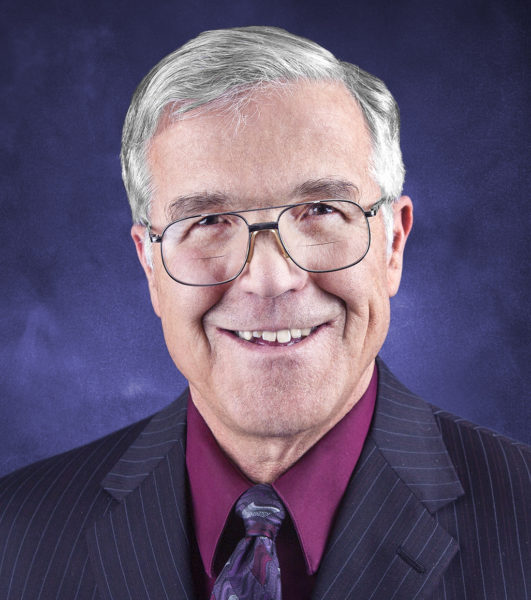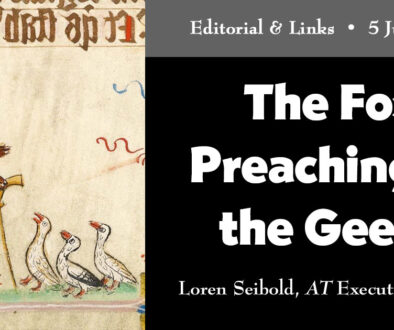Book Review: Adventists and Military Service
11 March 2024 |
Hasel, Frank M.; Magyarosi, Barna; Hoschele, Stefan; editors; Adventists and Military Service: Biblical, Historical, and Ethical, Perspectives; Inter-American Division of Seventh-day Adventists, Safeliz, 2019, 225 pages.
Ten international scholars have attempted to inform us as to how Adventists have related to military service internationally. The time period begins with the early days of our developing denomination and extends into more modern times. Biblical teachings are addressed. There is a focus on the United States experience. International issues are addressed which add value to this discussion.
A book of 225 pages cannot properly address all aspects of this subject. The editors must carefully select the issues that are included in this book. I do not consider the military creeds to have sufficient value to be included in the book. Any issue introduced in the discussion must have a minimal development. I do not believe that this standard was met in relation to the Nazi government in Europe. I believe that it is critical to better understand the schism that existed between the group that became known as the Reform Adventists and the standard Adventists. I must acknowledge this is little understood in Adventism and needs further historical development.
All history is written from a biased point of view. The present authors are not an exception to that rule. In general, they posit that all Christians living in the present times should have no part in any type of military service. I disagree with that position. They generally believe that a “traditional Adventist” will have difficulty with both Sabbath observance and the idea of killing the enemy. I agree with that position. I consider their mention of Gary Councell to be dismissive.
Words are important. As they are chosen and placed in sentences, they may reveal something related to our professional backgrounds. The choices made by the various authors lead me to believe that the authors may generally not have served in the U. S. military, as they sometimes reflect a background outside of the military. It may not be important that one get exactly correct the title of the award bestowed on Desmond Doss, but such reflects a context. Factual accuracy is important.
The U. S. military is sometimes considered to have a police function. That is most clearly evident for the U. S. Coast Guard. It does have a military role in combat. However, it has a primary role on our oceans and some inland waters that is similar to the civilian police role. I do not think that the authors understood that.
Our denomination is diverse in our beliefs and how they may be expressed in our life. I would like to have seen further development as to how we can spiritually support those who serve in the military and remain true to their convictions. My experience as an active-duty Army chaplain, as well as one who served in the Reserves, leads me to believe that we as a denomination have little awareness of the number of people who have informed the military that the Adventist Church is their church of preference. Most are not on our membership records.
One author takes the position that no noncombatant position exists in the United States military. That is false. Under Category IV of the 1949 Geneva Conventions, medical personnel and chaplains, when captured, are to be considered noncombatant “detained persons.” Medical personnel are allowed to carry defensive weapons and engage in defensive operations to protect the lives of their patients. Chaplains are not provided with that option. My 18 years of service as an Army chaplain were all served as a formally identified conscientious objector, noncombatant. That identification did not hurt me. When I left military service, my awards included The Legion of Merit and two awards of The Meritorious Service Medal.
In my opinion, the issues of Adventism and military service cannot be properly addressed without a discussion of Adventist clergy’s serving as military chaplains. In the U. S., all military chaplains only serve with the permission of their denomination and only as long as the denomination allows them to serve. In other words. during my service as an Army chaplain, the Adventist Church could have removed me at any time.
Early on, the Adventist Church refused to allow clergy to serve as military chaplains. With the end of World War II, a large number of Adventist personnel had been imprisoned or otherwise suffered the legal consequences of following their beliefs. A group of chaplains from the Office of the Army Chief of Chaplains visited the General Conference and informed our leadership that those imprisonments would likely not have happened if Adventists had been serving as military chaplains. The result was that the Adventist Church reluctantly allowed three Adventist clergy to become Army and Navy chaplains.
That has proven to be true. In my service as an Army chaplain, I often had to intercede on behalf of a person who was having struggles with their spiritual requirements. With the help of the Lord, my intervention has resulted in honorable discharges rather than imprisonment for Adventists, as well as other people.
Some people join the Adventist Church after they have entered military service. We need Adventist military chaplains to attend to their spiritual development. Military personnel stationed in Iraq and also in Germany cannot be typically spiritually nurtured by civilians in those nations. They will need access to military Adventist clergy. I believe that the mission that God has given the Adventist Church today requires that we go where the people are. That includes the military.
Adventist military chaplains can minister to clergy of other backgrounds. I, personally had a role in two Army chaplains’ becoming Adventist clergy. In one of those cases, it was a minor role. One of those persons eventually moved away from the SDA denomination. In that situation the Adventist Church learned some lessons. Evangelism is an element of God’s mission for us regardless of final outcomes.
The three appendixes are of great value for further study, but they are not exhaustive. There is value in the authors’ defense of the position that they have taken, though I do not consider them convincing in their rejection of other positions. I find that they have limited knowledge of actual military service in the United States.

Gregory Matthews is a retired pastor from the Potomac Conference. He has also served as a chaplain for the US Army and the Department of Veteran Affairs. He was awarded the Legion of Merit and the Meritorious Service Medal with Oak Leaf Cluster.




